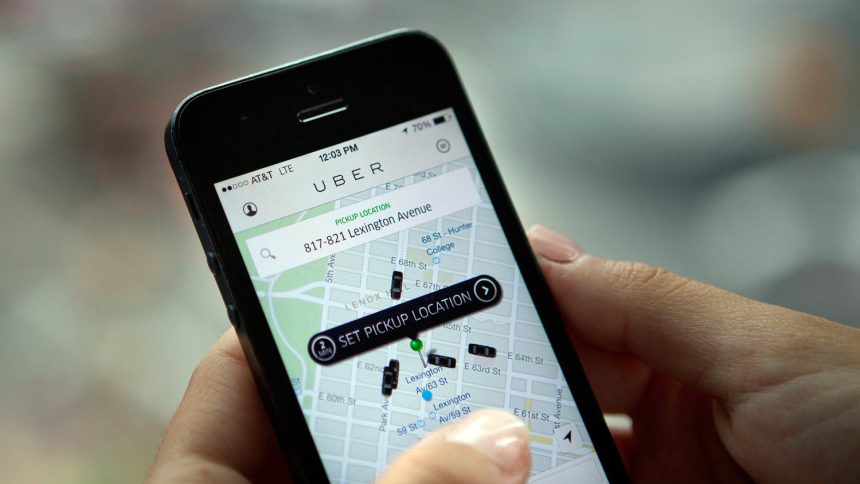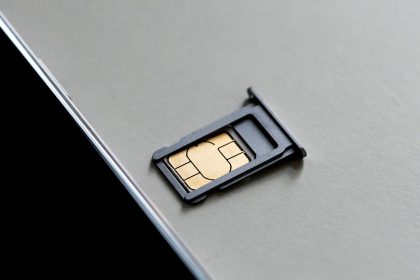Could you be seeing “Taxi colors” on your Uber vehicle the next time you request for a ride? If the Commercial Taxi Drivers Association and Transport Ministry have their way, you might.
The Transport Ministry has officially given operators of Uber a one-month ultimatum to brand the vehicles into the official taxi colors. This comes after the Commercial Taxi Drivers Association petitioned the Transport Ministry over what they describe as a breach of LI 2180 by Uber operators.

According to the association, the LI states that all taxi operators must brand their vehicles in the accepted taxi colours and display a taxi sign on top of their vehicles.
What is LI 2180?
LI 2180 is the Road Traffic Regulations which was enacted by Parliament on July 5, 2012.
The Commercial Taxi Drivers Association’s argument is Uber operators are in breach of LI 2180, Regulation 130. Regulation 130 states the following:
- The owner of a taxi shall:
a. Paint the wings of the taxi in a shade of yellow to the extent required by the licensing authority.
b. With the approval of the Licensing Authority, carry a Neon sign with a word “Taxi” clearly written at the front end of the roof of the car.
c. Display at the right-hand side bottom corner of the front windshield, the Taxi transport Association or taxi unions logo.
But Is Uber A “Taxi” Service?
So do the Commercial Taxi Drivers Association have a case? Depends.
There have been many cases like this around the world with associations arguing that Uber acts as a taxi service. In Europe, European Court of Justice ruled that Uber is a taxi service and should be regulated as such (Source: Citylab)
But in this case in Ghana, the Commercial Taxi Drivers Association is demanding Uber drivers change the look of their vehicles. They also want Uber drivers to be given commercial number plates and licenses before they can operate.
But Uber technically doesn’t own any cars. They act as a middleman with drivers simply signing up to use the service and Uber taking a percentage of their earnings. But can they really be classified as a “taxi” service?
Another question remains: will this apply to all other ride-sharing services operating in Ghana?
So what happens now?
It’s likely Uber drivers will continue to operate as usual. How the Commercial Taxi Drivers Association will try to regulate Uber drivers going about their business remains to be seen.
If this case does go to court, it will be interesting to see how it plays out. I can see Uber and their drivers putting up a fight against this and will probably make the argument that they are not a taxi service and shouldn’t have to comply.
UPDATE: Uber has responded to reports that their operators will be forced to rebrand to the taxi colors. Uber has stated that no agreement has been reached yet with the transport ministry.










